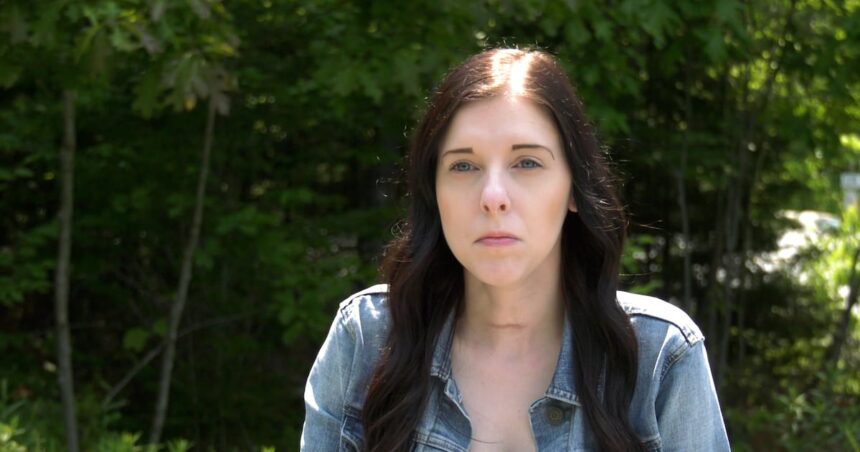In what should have been a routine medical screening, Judy Delorey’s life was upended by three devastating words: “You have cancer.” The Halifax-area woman endured two months of psychological torment before discovering the diagnosis was completely wrong—a revelation that has raised serious questions about quality control in Nova Scotia’s healthcare system.
“I couldn’t sleep, I couldn’t eat. I spent countless nights crying, planning my funeral, wondering how my family would cope,” Delorey told CO24 News in an exclusive interview. The 57-year-old grandmother had gone for standard bloodwork in March when her family physician delivered the shocking news that her results indicated cancer.
The physician referred Delorey to an oncologist, who ordered additional tests—tests that eventually revealed no cancer whatsoever. What had occurred was a catastrophic error: her test results had been mixed up with another patient’s, creating a nightmare scenario that medical ethicists describe as among the most traumatic forms of healthcare mistakes.
Dr. Brendan Carr, CEO of Nova Scotia Health, issued a formal apology to Delorey last week, acknowledging the “profound impact” of the error. “We have launched a comprehensive review of our laboratory protocols to prevent such devastating mistakes in the future,” Carr stated in a written statement obtained by CO24 Canada.
This case highlights persistent concerns about error rates in Canadian diagnostic medicine. According to the Canadian Patient Safety Institute, diagnostic errors affect approximately one in 20 patients annually, with potentially life-altering consequences. The emotional toll exacted by false positives—particularly for cancer—can trigger what psychologists term “medical PTSD.”
“Even after learning the truth, I couldn’t just switch off the fear,” Delorey explained. “I’d prepared myself to die. You can’t just bounce back from that overnight.”
The Nova Scotia Department of Health has committed to reviewing laboratory identification procedures province-wide, implementing new verification steps before critical diagnoses are communicated to patients. Health Minister Michelle Thompson told CO24 Politics that the incident has prompted a “serious examination of how we handle sensitive diagnostic information.”
Patient advocacy groups argue this case demonstrates the need for structural reform. “When we discuss medical errors, we often focus on treatment mistakes rather than diagnostic failures,” said Catherine Adams of Patients First Nova Scotia. “But telling someone they have cancer when they don’t can cause profound psychological harm that may last years.”
For Delorey, the apology represents acknowledgment but hardly closure. She has obtained legal counsel to explore compensation for emotional distress, though she emphasizes her primary goal is system improvement. “I don’t want another person to experience what I did,” she said. “No one should have to plan their own funeral because someone mixed up paperwork.”
As our healthcare systems grow increasingly complex, with millions of tests processed annually, how can we balance efficiency with the absolute necessity for accuracy when lives—and mental health—hang in the balance?










